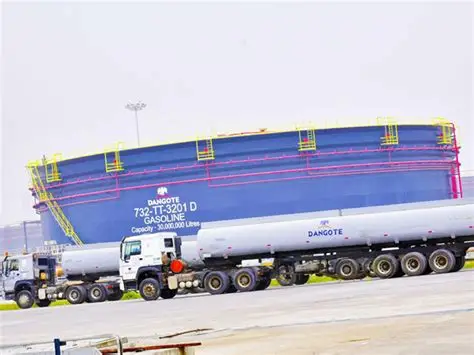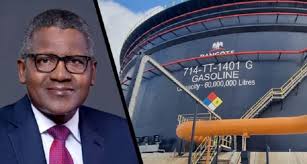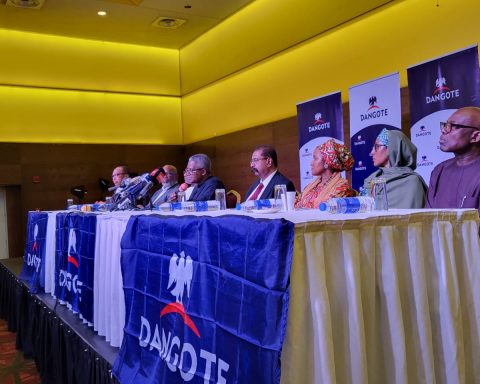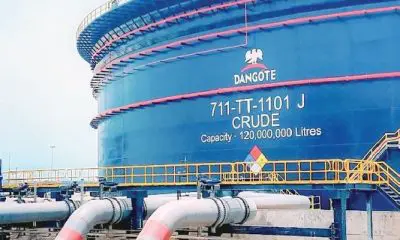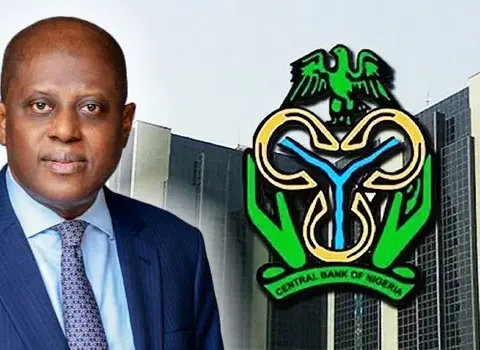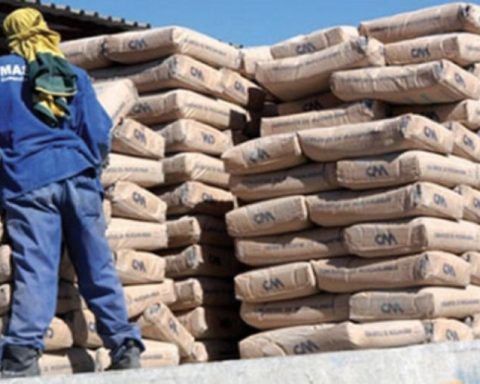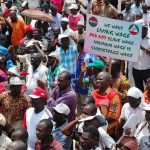The Dangote Petroleum Refinery’s initiative to begin free direct fuel distribution to retailers starting 15 September 2025 has significantly disrupted Nigeria’s downstream oil sector. While promising cost savings and increased efficiency, this move has elicited mixed reactions from marketers, labour unions, and industry stakeholders.
In a statement released on Thursday, the company said the scheme will begin in 11 states before expanding nationwide.
Join our WhatsApp ChannelIt said petrol would be sold at ₦841 per litre in Lagos, Ogun, Ondo, Oyo, Osun and Ekiti, while places like Rivers, Delta, Abuja, Kwara, and Edo will be buying it at ₦851 per litre, starting from 15 September.
The company noted that the price reduction was made possible by lower crude oil prices, lower distribution expenses, and continued efforts to stabilize supplies.
The refinery had earlier planned to begin the scheme on 15 August, but it was stalled by challenges in receiving an adequate number of CNG trucks from China to be deployed for the distribution.
The company planned to use 4,000 CNG-powered trucks initially to distribute fuel directly to filling stations and large-scale consumers, with plans to increase it to 10,000 CNG trucks by the end of 2025 to strengthen logistics and ensure nationwide coverage.
This CNG-based transportation is expected to save the Nigerian economy over ₦1.7 trillion annually by cutting distribution costs and easing inflationary pressures.
The statement said the company invites petrol station owners, marketers, manufacturers, telecom companies, and other large-scale consumers to register for the scheme to receive free delivery and other benefits.
Earlier, the Dangote refinery announced that it would offer a credit facility to bulk buyers (e.g., minimum 500,000 litres), allowing them to access additional fuel on credit under bank guarantee.
The 650,000 barrels per day refinery also announced a reduction in its gantry price for petrol from ₦840 to ₦820 per litre.
Challenges and Controversies
Aside from the logistics challenges in China that affected the arrival of CNG trucks in Nigeria, leading to a delay in the commencement of the scheme, the refinery has also faced opposition from labour unions and some groups of marketers in the downstream.
While the Independent Petroleum Marketers Association of Nigeria (IPMAN), supports the scheme, the Petroleum Products Retail Outlets Owners Association (PETROAN) and depot owners have kicked against it, expressing fears of being thrown out of business.
Since last week, the Nigeria Union of Petroleum and Natural Gas Workers (NUPENG) and the refinery have been in conflict. NUPENG accused the Dangote Group of anti-labour practices, such as allegedly preventing workers from joining the union.
The ongoing conflict between the Dangote Petroleum Refinery and NUPENG reflects a significant clash between labour rights and corporate strategy in Nigeria’s energy sector.
After reaching a resolution on Wednesday during a meeting powered by the Federal Government, NUPENG issued a statement on Thursday, accusing Dangote of reneging on the agreement and alerted its members nationwide to resume the strike it had suspended. The initial strike (September 8–9) halted loading operations, raising fears of fuel scarcity and price hikes. NUPENG’s blockade of the refinery exacerbated these concerns.
However, Dangote’s management denied NUPENG’s allegation of anti-labour practice, describing it as “cheap blackmail”.
Analysts are divided on Dangote refinery’s move with the direct fuel distribution initiative and the activities of labour unions.
While critics and labour unions allege that Dangote’s control over production and distribution could lead to a monopoly, potentially increasing prices in the long term, those supporting the scheme say it would remove logistical constraints in the fuel distribution system.
NUPENG cited Section 254C(2) of the Nigerian Constitution and International Labour Organisation (ILO) provisions, arguing that union membership is a constitutional right.
However, a petroleum economist and energy expert, Mr Kelvin Emmanuel, said the agenda for the strike action by NUPENG was not about the workers’ right to unionise but to cause obstacle for Dangote Refinery in implementing its direct distribution scheme.
READ ALSO: Fuel Scarcity Looms as Oil Workers, Dangote Refinery Clash – PTD Counters Strike Call
He claimed that the refinery had continued to face different forms of obstacles since it came on stream, with all targeted at preventing it from functioning.
“NUPENG was being used as the last form of defence for the marketers who realised that they failed,” Emmanuel stated when he featured on Channels Television’s Politics Today.
Also, a public affairs analyst, Majeed Dahiru, argued that NUPENG has no right to compel Dangote to allow its members to join the union.
Emmanuel described Dangote’s direct fuel distribution scheme as “a new era” that would “cut out the middlemen.” He said members of NUPENG have open access to the refinery’s gantry to lift products, “but the winner is who is most efficient in distribution to the last mile.”
He underscored the critical role of the refinery in Nigeria’s goal of achieving energy independence, adding that without such investments that employ thousands of Nigerians, there would be no union like NUPENG.
Dahiru, who spoke in a Nigerian Info radio programme on Friday, urged the Federal Government to call NUPENG to order, warning that the union’s actions could scare away potential investors in the sector.
Energy expert, Mustapha Samaila Inagawa, said Dangote’s entry into the oil and gas industry has disrupted many market dynamics not only in Nigeria but even on the global stage.
READ ALSO: Dangote Refinery Cuts Petrol Price To ₦820/Litre, Escalates Price War In Fuel Market
He stated that with 4,000 CNG-powered trucks rolled out into the oil and gas logistics market, the company would definitely take many existing players out of the market.
“He has the refinery, he has the trucks and he will do door delivery—covering the entire value chain—making it cheaper and safer for marketers to deal with him than doing every aspect of the market independently,” Inagawa stated via his X handle.
“Additionally, Dangote’s trucks will be powered by CNG, at a cost almost 2 times lower than the conventional diesel oil used by marketers.“
He faulted the approach of NUPENG and other labour unions, insisting that no matter how much they push, Dangote will win the battle given his “capacity advantage and control of the entire value chain.”
He said resorting to the threat of industrial action by the labour unions will not solve the problem this time.
“There are so many ways to solve problems, but threats can not solve this particular one because the threatened has an undue advantage over the one making the threats. It’s either to dialogue with Dangote or gather money to build their own refinery and do what they want with it,” he stated.
He said what average Nigerians need is cheaper fuel, irrespective of who provides it.
He noted that the labour unions have been in existence for decades, but none have made life easier for the Nigerian people. “If this arrival of Dangote will make life easier, so be it. We will deal with the monopoly issue later,” he added.
Victor Ezeja is a passionate journalist with seven years of experience writing on economy, politics and energy. He holds a Master's degree in Mass Communication.


